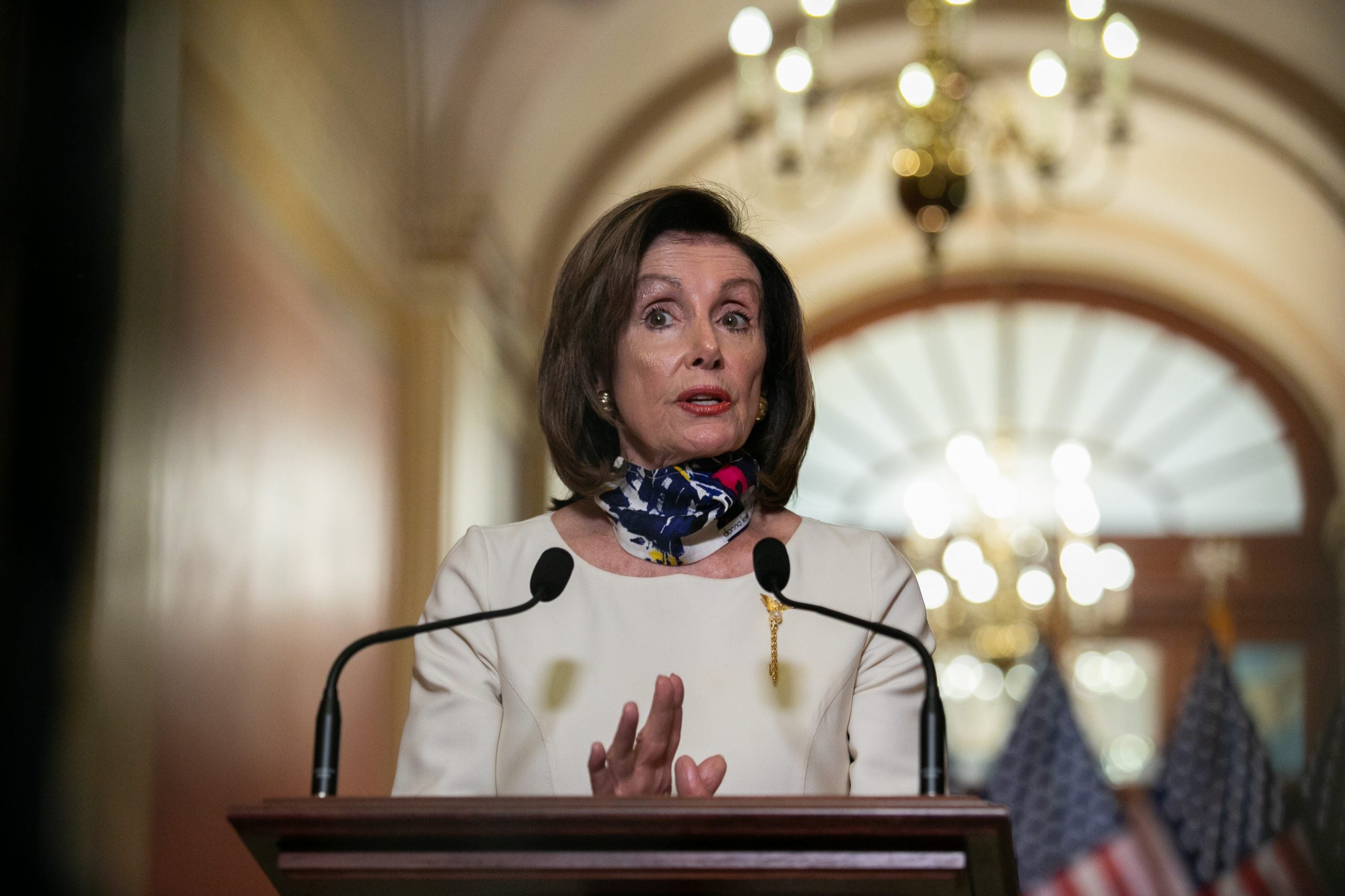
House Democrats are looking to pass their $3 trillion coronavirus relief bill on Friday, despite outright rejection from Senate Republicans, who have already declared the legislation “dead on arrival.”
As CNN notes, the expansive bill that would offer aid to state and local governments, health systems, another round of stimulus payments, hazard pay for essential workers and other provisions would be the largest relief package in the history of the nation.
Leaders in the House are confident that the measure will pass on Friday, insisting that it is much needed as the economic fallout brought on by the coronavirus pandemic continues to wreak havoc.
The legislation was crafted without input from Republicans or the White House; however, House Speaker Nancy Pelosi (D-Calif.) has brushed aside criticisms that the bill was partisan, according to CNN.
“We’re putting our offer on the table. We’re open to negotiation,” the House Speaker said.
Still, there is little expectation that the Senate will even take up the bill if it passes the House.
When Democrats initially revealed the bill earlier this week, Senate Majority Leader Mitch McConnell (R-Ky.) slammed it as legislation “designed to deal with aspirations,” rather than something “designed to deal with reality.”

Senator Lindsey Graham (R-SC) bluntly stated that the bill was “dead on arrival.”
The coronavirus aid package is not the only controversial piece of legislation moving through the House today either, according to CNN. There will also be a vote on a historic rules change to allow remote voting during the pandemic, as well as remote committee work. That, too, is expected to breeze through the House.
However, Republicans have also expressed their distaste for changing the rules.
“Democrats are jamming through a rules change that would upend 200 years of precedent and have serious constitutional and institutional repercussions,” House Minority Whip Steve Scalise (R-LA) wrote in a notice sent to GOP members, according to Roll Call.
Under the vote-by-proxy proposal, any member could serve as proxy for up to ten other members. Democrats would only have to have 22 members in the chamber to pass legislation, Scalise emphasized, according to Roll Call.
